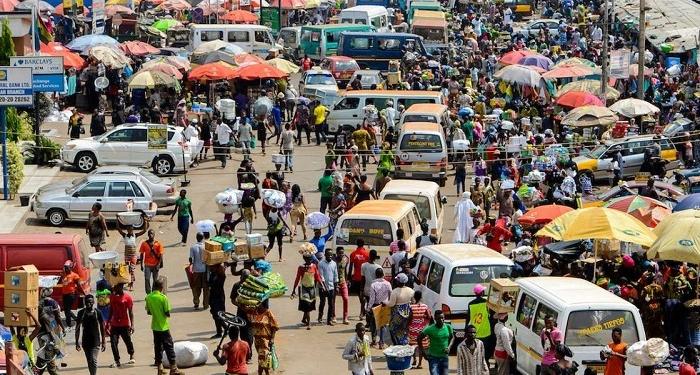Inflation Moderates to 20.4% in August Amid Declining Food Prices
Ghana’s inflation rate eased slightly in August to 20.4%, down from 20.9% in July, according to the latest figures from the Ghana Statistical Service.
The modest deceleration was largely attributed to a reduction in food inflation, which fell to 19.1%, down from 21.5% in the previous month.
However, this was counterbalanced by an increase in non-food inflation, which climbed to 21.5% from 20.5% in July, reflecting persistent price pressures in sectors such as housing, utilities, and transportation.
Despite the slight reprieve in overall inflation, the rise in non-food prices underscores the ongoing challenges in curbing inflationary pressures across the broader economy.
The inflation report by the GSS revealed a mixed trend in price pressures for August 2024 as inflation on imported items rose to 16.1%, up from 15.6% in July, while inflation for locally produced goods eased to 22.2%, down from 23.3% in the previous month.
Key sectors exhibited elevated inflationary pressures, with housing, water, electricity, gas, and other fuels recording a high of 31.8%, followed by restaurants and accommodation services at 29.5%.
Alcoholic beverages, tobacco, and narcotics saw inflation rise to 25.0%, while education services and health recorded inflation rates of 22.0% and 20.6%, respectively.
Government Statistician, Prof. Samuel Kobina Annim, noted that these sectors exceeded the overall inflation rate of 20.4% for August 2024.
Regionally, the Upper East Region posted the highest inflation rate at 27.8%, while the North East Region saw the lowest, recording 10.1% inflation for the month.








